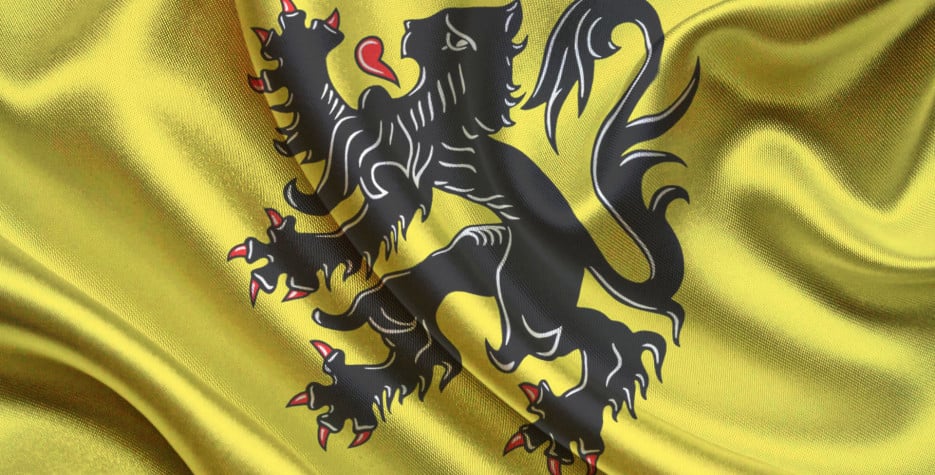When is the Celebration of the Golden Spurs?
This holiday is always celebrated on July 11th. It marks a significant victory by the Flemish over the French in a battle in 1302.
Every year, on July 11th, Flanders celebrates the Day of the Flemish Community – a holiday to celebrate the pride of being Flemish within Belgium.
The day is commemorated with a grand festival at the Grand Palace and the Place de la Monnaie in Brussels. There’s live music, guided tours, and events for children to mark a battle that took place in 1302.
History of the Celebration of the Golden Spurs
In 1302 the French king Philip IV of France dispatched an army to punish the rebellious Flemish towns, led by Bruges.
Earlier that year Philip IV had annexed Flanders. The Flemish rebelled and attacked the French governor of Flanders.
The French army was composed of about 8,000 knights and infantry. The Flemish army consisted of a militia force of 9,000 infantrymen.
The two forces clashed on July 11th 1302 on a field just outside the Flemish city of Kortrijk. The French were totally defeated.
The commander of the French army, Robert II of Arlois was surrounded and killed on the battlefield. At least a thousand French knights were killed in the battle and number of the golden spurs collected from the field was so large as to give the battle its name. The spurs were donated as a gratitude offering to the Church of Our Lady in Kortrijk.
In the 19th century, the battle was romanticised by Flemish writer Hendrik Conscience in his book The Lion of Flanders and the Battle of the Golden Spurs became a symbol of the struggle for Flemish recognition in the French-dominated Belgian State.
On July 6th 1973, a law was passed that established the flag, anthem and the day of the Dutch Cultural Community.
How is the Celebration of the Golden Spurs celebrated?
Private employers are not required to award a day's holiday; however, the institutions of the Flemish Government and public employers observe this holiday.


